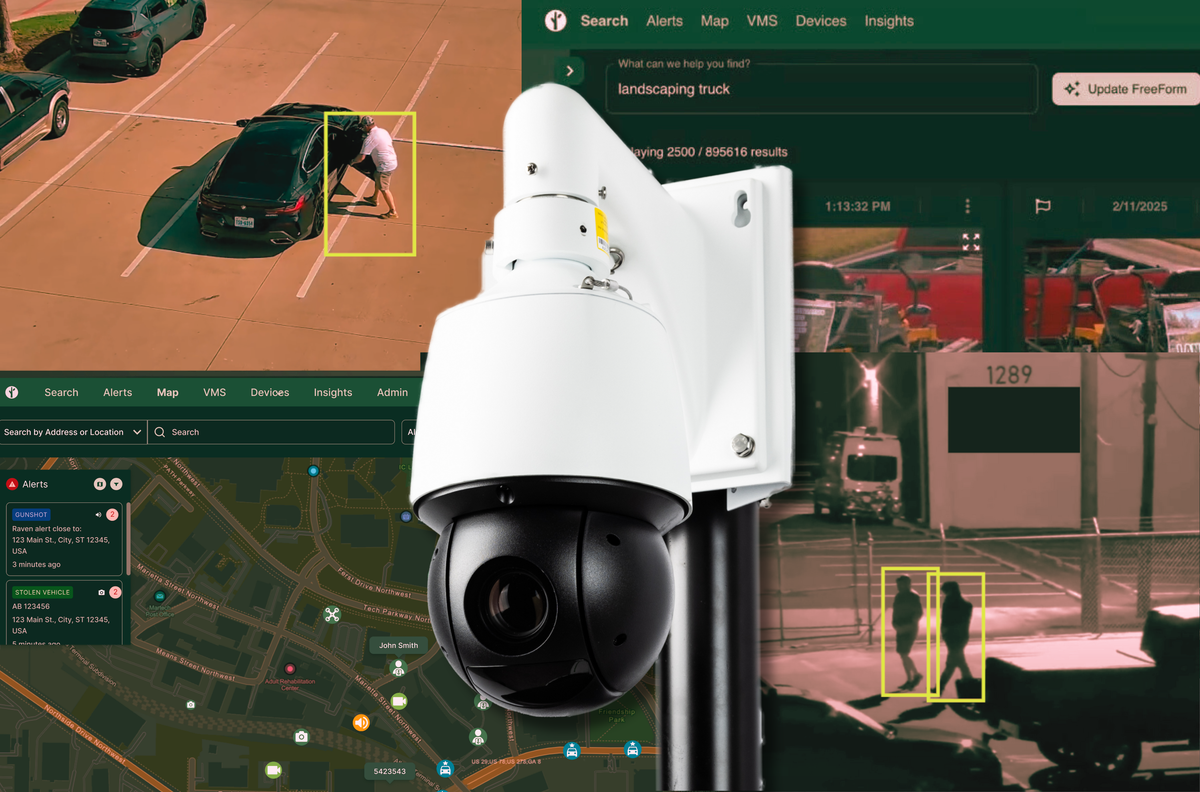What Does a Post-Google Internet Look Like
-
That's true, but all of their problem with docker are that it's Linux
Sounds like a them problem then.
-
Welcome to the future, where asking a question costs $4.99 and you'll never be able to find out if the answer is right or not.
Literally just use Wikipedia more
-
Welcome to the future, where asking a question costs $4.99 and you'll never be able to find out if the answer is right or not.
We know what the internet would have been without Google because some of us lived it. It was mostly decentralised niche forums that you had to know the links for, and you'd receive random emails telling you to visit this or that new site.
It was wholesome.
-
We know what the internet would have been without Google because some of us lived it. It was mostly decentralised niche forums that you had to know the links for, and you'd receive random emails telling you to visit this or that new site.
It was wholesome.
I had to advertise my first website on paper!
-
Welcome to the future, where asking a question costs $4.99 and you'll never be able to find out if the answer is right or not.
written before reading the article; it get the topic from another, more interesting and less imaginary, angle
Do we explore it post-Google or post-anything that would take its place?
Because those are two very different scenarios. There are plenty of Big Tech corps that are willing to take Google's place.
If we actually mean no one does search with targeted advertising and stuff, my bets are on more indie sites popping up, and Fediverse getting stronger as well.
We'll have more link indices, and more relevant search results hosted on different corners of the Internet.
On the negative: unless open-source projects step up their game, usability and quality of web interfaces will suffer dramatically. And without truly massive Fediverse or at least decent webrings, finding basic information and connecting to others might actually get harder.
-
Welcome to the future, where asking a question costs $4.99 and you'll never be able to find out if the answer is right or not.
just dont use google? I havent used google search for years now and there hasnt been single time where i would have needed to use google search even once. Though unfortunately i'm still bound to the damn gmail because i cant find better alternative for it.
-
just dont use google? I havent used google search for years now and there hasnt been single time where i would have needed to use google search even once. Though unfortunately i'm still bound to the damn gmail because i cant find better alternative for it.
Though unfortunately i’m still bound to the damn gmail because i cant find better alternative for it.
I self-host my e-mails, but that probably isn't a viable solution for just everyone.
-
Though unfortunately i’m still bound to the damn gmail because i cant find better alternative for it.
I self-host my e-mails, but that probably isn't a viable solution for just everyone.
i just want a service that i dont have to hassle with, so this would definitely not be good for me

Also i dont think many places even accept self hosted email as "real", at least some places dont accept alias addresses.its so annoying when any decent alternative costs money, which isnt very good thing for my "official" email which i need for important things. Dont want to end up in situation where i get locked out of it because i didnt or couldnt pay for some reason. Though i constantly have to slightly fear that with google too since they can lock anyone's account for any reason they see fit.
-
Though unfortunately i’m still bound to the damn gmail because i cant find better alternative for it.
I self-host my e-mails, but that probably isn't a viable solution for just everyone.
Gmail is way more reliable than anything I could self-host. It's a huge pile of unsorted junk that is only usable with search.
-
Good call, I should have worded that better. While the government and scientists were instrumental in creating the foundation for the internet, I was thinking more along the lines of the early PC era. When the internet was more or less a tool for openly sharing and discussing information as well as ideas.
But a lot of tech stems from governmental need and/or government funding. I mean, the modern refrigerator was a result of NASA problem solving for the environmental conditions found in space! GPS, LASIK, MRI's, LED's, barcodes, closed captioning, and the human genome project were all also thanks to government research too!







